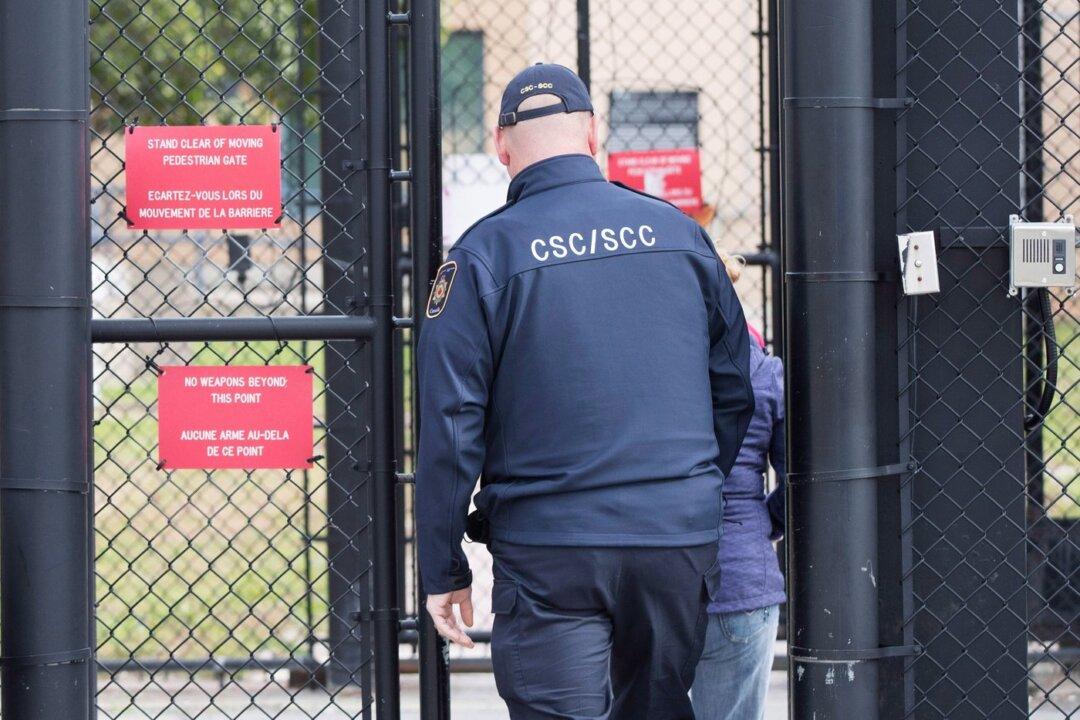Amid political debate about transgender issues and whether biological males should be allowed to enter women’s washrooms, the federal corrections agency says that eight males were held in female institutions last year.
The Correctional Service of Canada (CSC) revealed the data to The Epoch Times Feb. 26, but it withheld information on the offences and sentences of the inmates, citing privacy reasons.





